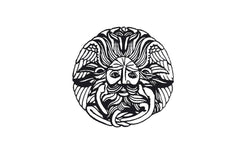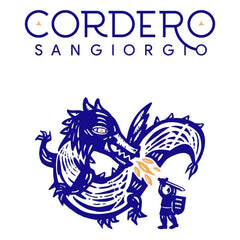4 products
- White Wine
- Chardonnay
- Sustainable
- Dry
- Medium Bodied
- 750ml
- 12.5% alc./vol
About the Winery
Groupe Bellene

Led by Nicolas Potel in Beaune, Groupe Bellene is composed of the négociant arm Maison Roche de Bellene, the winery arm Domaine de Bellene, and a special back-vintage series under the Collection Bellenum label.
- Maison Roche de Bellene offers a complete range of wines, with an emphasis on individual terroirs from old vines of more than 40 years. All of the growers that Nicolas works with are either organic certified or sustainably farmed.
- Domaine de Bellene represents the wines that are produced and bottled from Nicolas Potel's private vineyard holdings.
- Collection Bellenum is a back vintage series that Nicolas Potel sourced from his friends in the region, offering a magnificent selection of bottled history. The wines have moved only twice in their lives, from the original cellar to Potel's and now to yours!
Nicolas Potel grew up at Volnay's Domaine Pousse d'Or, where his father worked. He trained abroad and returned home in 1996 to build a négociant business and started Maison Nicolas Potel, where he sourced grapes from good parcels, often working with the growers to improve the quality. By 2002, he was making 120 wines from 50 different appellations, and the rest is history!
- Red Wine, White Wine
- Chardonnay, Pinot Noir
- Sustainable
- Dry
- Medium Bodied
- 750ml
About the Winery
Cordero San Giorgio

Cordero San Giorgio is a new beginning in Oltrépo-Pavese for three siblings who grew up surrounded by their family’s vines at the legendary Vietti Estate in Castiglione Falletto in Barolo. The siblings Francesco, Lorenzo, and Caterina Cordero, are grandchildren of Luciana Vietti & Alfredo Currado, one of the pioneers of the first Barolo crus and considered the “father of Arneis.” Their father is Mario Cordero, Alfredo and Luciana’s son-in-law, who was the company’s co-owner from the beginning of the ‘80s until 2016 when it was sold.
Cordero San Giorgio is located in Santa Giuletta, a village sitting on the first hilly belt of the territory, an area made up of valleys that fan out over the Po Valley with steep slopes and thick ridges. The composition of the soil makes their site particularly suitable for the production of Pinot Nero, making it possible to obtain wines with maximum varietal expression and a strong territorial identity.
The Oltrepò Pavese is a hilly triangle of land in Lombardy, embraced by Piedmont, Liguria, and Emilia-Romagna. A territory dedicated to the cultivation of vines and the culture of wine for centuries: a land of both cultural and gastronomic encounter and exchange. Cordero San Giorgio is in the town of Santa Giuletta, and focuses on working with Pinot Nero, Pinot Grigio and Chardonnay.





